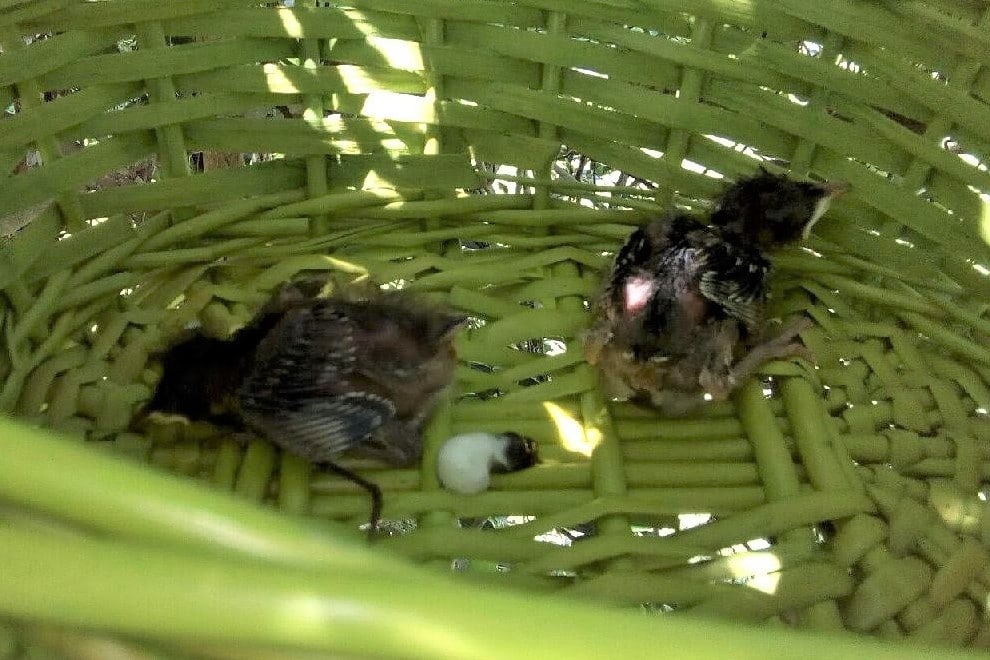Baby birds are everywhere this time of year and can be entertaining to watch. Between their awkward attempts to fly, to their incessant begging for food, you can understand why the parent birds look so tired. Imagine having to raise your child from birth through the teenage years in a span of two weeks!
Adult birds are, however, quite dedicated to their young, especially when young birds fall out of their nest. With the violent rainstorms that come with summer, many nests and nestlings end up on the ground. Yes, very small nestlings will typically not make it when this happens, but older baby birds may yet be saved by their parents.
From personal experience as a young boy, I can attest to the dedication of parent birds that will not give up trying to find and care for their babies. As much as my mother and I tried to get the young birds to drink water and eat worms, we realized that this was folly. My mother knew well that mama and daddy bird were still out in the yard looking for their young.

Putting these young birds back out in the yard is the best way to give them a chance to survive. My friends Lisa and Mark Wesson did just that last week when two baby Mockingbirds were found in the tall grass after a rainstorm.
Both birds had started to grow primary feathers, so they were as much as a week old. The solution is to carefully place the young birds in a small box or other type of container and set it up off the ground and in the shade where the parent birds can find them.
As in my case, mama and daddy Mockingbird were quick to find Lisa and Mark’s baby birds. And although they did not see them leave the makeshift nest, it is quite likely that the young ones are alive and well in the neighborhood, sitting on a branch, begging for food.
The moral of the story is this: we humans are no match for mama or daddy birds when it comes to caring for their young.
Hope to see you in our great outdoors!
Image of baby bird by RedbudPatriot from Pixabay
Image of makeshift nest box from Lisa & Mark Wesson